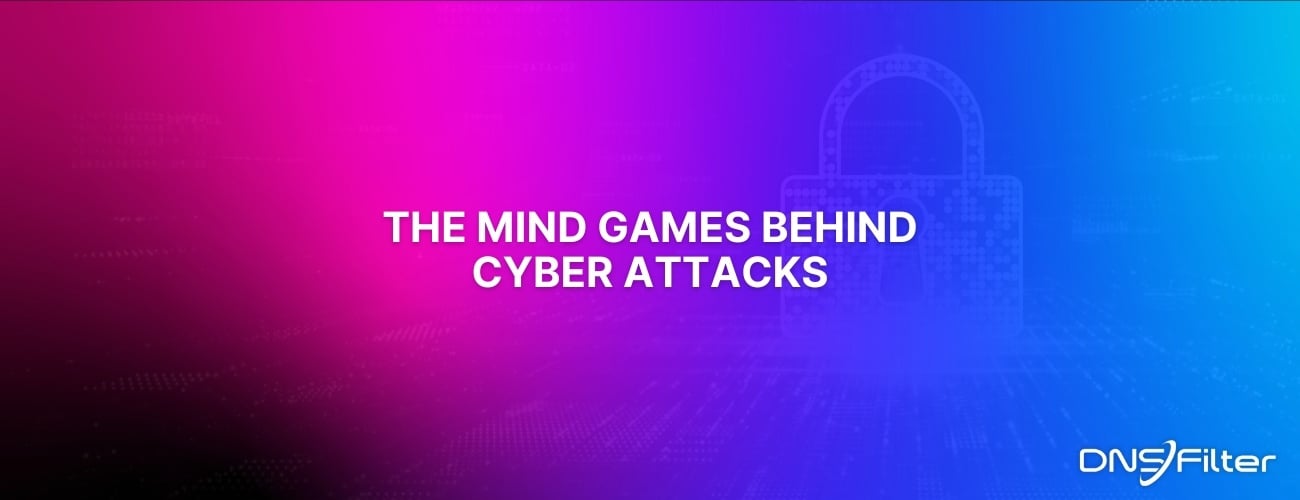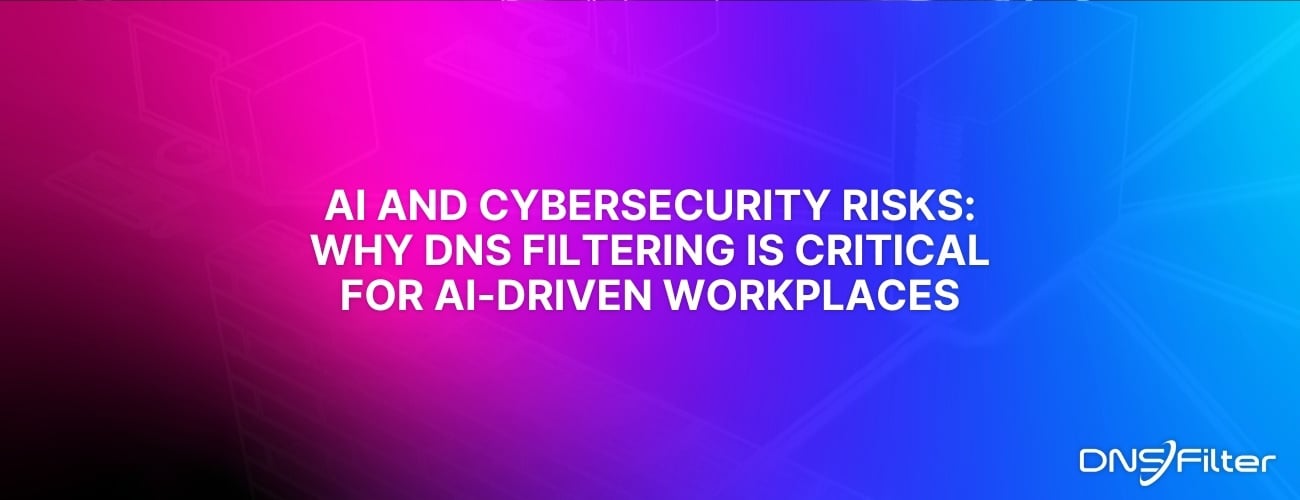Share this
DNS: The Hidden Threat Lurking in Every Business Network
by Kory Underdown on Dec 23, 2024 5:29:01 PM
You lock your doors at night, secure your office, and ensure sensitive information is under strict control. But what if the biggest vulnerability in your business wasn't locked away at all? For most companies, their Domain Name System (DNS) is the gateway attackers are waiting for. It's a fundamental part of the internet's infrastructure, yet it's often ignored when it comes to security. Hackers know this, and they're taking advantage.
DNS is what connects customers to your website, employees to your systems, and partners to your services. Without DNS, your entire business could go offline. And if your DNS isn’t secure, all of that connectivity becomes a potential entry point for cybercriminals.
The stakes couldn’t be higher: A DNS attack could mean financial losses, operational chaos, and lasting damage to your reputation.
It’s time to treat DNS security with the same level of vigilance as any other part of your business. A breach here could mean the difference between business as usual and a complete catastrophe.
All Too Common Business Risks Without DNS Security
Your DNS infrastructure can be an attractive target for attackers. By understanding the common threats that exploit DNS and proactively blocking them, you can maintain secure services while protecting your business reputation.
Phishing: Phishing attacks trick users into revealing sensitive information by directing them to fraudulent websites. By proactively blocking known malicious domains, DNS filtering helps prevent employees and customers from inadvertently providing credentials, financial details, or other sensitive data to cybercriminals.
Malware: Malware infections can cripple your systems, steal data, and disrupt operations. DNS filtering stops these threats before they infiltrate your network, blocking connections to malicious sites that deliver harmful code. This proactive defense reduces the risk of unauthorized access, data breaches, and costly remediation efforts.
Ransomware: Ransomware locks down critical business assets until a ransom is paid. DNS filtering helps cut off communication channels ransomware relies on to spread or receive instructions, lowering the likelihood of a successful attack. By limiting the damage early, you can safeguard your business continuity and protect both your finances and reputation.
The Strategic Value of DNS Filtering
Preventing Unseen Threats
DNS filtering is an essential tool for preventing unseen threats from entering your network. By filtering out malicious domains before they reach your internal systems, DNS filtering can block malware, phishing attempts, and other cyberattacks before they even have a chance to cause harm. This proactive approach helps to mitigate threats at the earliest possible stage, reducing the likelihood of data breaches and minimizing the impact of cyberattacks. By identifying and blocking harmful sites automatically, DNS filtering serves as a crucial first line of defense.
Discover more about how DNS filtering can prevent unseen threats in our detailed eBook.
DNS Filtering as a Competitive Advantage
Protecting your reputation and staying competitive means keeping your digital services secure, reliable, and trusted at every touchpoint. DNS filtering is a key part of this strategy, blocking threats that cause downtime and ensuring your systems stay operational. For businesses that rely on digital platforms to serve customers and drive revenue, this isn’t just about avoiding disruptions—it’s about strengthening trust, improving user experiences, and reinforcing your commitment to security. Proactive DNS filtering is more than a technical safeguard; it’s a strategic business asset that supports growth, builds loyalty, and keeps you ahead of the curve
Take Action: Steps Businesses Can Take
- Evaluate Current DNS Setup: The first step in protecting your business is understanding where vulnerabilities may exist in your current DNS setup. Business leaders should work with their IT and security teams to assess existing DNS infrastructure and identify any weak points that could be exploited by attackers. Knowing your vulnerabilities is the foundation of building a strong defense.
- Implement Proactive DNS Filtering: Implementing DNS filtering is a simple but highly effective first step toward safeguarding your network. By proactively blocking access to known malicious sites, DNS filtering significantly reduces the risk of attacks. It's a low-cost, high-impact solution that can make a big difference in your overall security posture.
- Build Awareness Among Leadership: DNS security is not just an IT issue; it's a business-critical concern. Decision-makers across the organization need to understand the importance of DNS security and support the initiatives necessary to protect the company. Executives should ensure that leadership is informed about DNS vulnerabilities and the steps being taken to mitigate risks, fostering a culture of security awareness at every level of the organization.
Ready to learn more about how DNS security can protect your business?
Download our eBook, 'Why DNS Should Be Part of Your Security Strategy,' and dive deeper into proactive steps you can take to ensure business continuity and resilience.
Share this
 Artificial Intelligence in Cybersecurity
Artificial Intelligence in Cybersecurity
The term “artificial intelligence (AI)” was first coined in 1956. While progress stalled for many years, we can thank IBM for sparking real interest in AI as viable technology: First in 1997 when the computer Deep Blue defeated a chess champion and again in 2011 when Watson won Jeopardy!
 The Mind Games Behind Cyber Attacks
The Mind Games Behind Cyber Attacks
Hackers have long understood that the most sophisticated firewall is no match for a well-placed psychological trick. While many focus on the technical prowess of cybercriminals, the real magic often lies in their ability to manipulate human behavior. By exploiting our natural tendencies and cognitive biases, hackers can slip past even the most robust security systems. It's not just about cracking codes; it's about cracking the human psyche.
 AI and Cybersecurity Risks: Why DNS Filtering is Critical for AI-Driven Workplaces
AI and Cybersecurity Risks: Why DNS Filtering is Critical for AI-Driven Workplaces
Artificial intelligence is transforming business operations, automating everything from customer service to data analysis. But with these advancements come new security challenges. AI-driven cyber threats are becoming more sophisticated, enabling attackers to automate phishing campaigns, generate malware, and exfiltrate sensitive data at scale. Without proper safeguards, AI tools can unintentionally leak corporate secrets or connect to malicious ...


